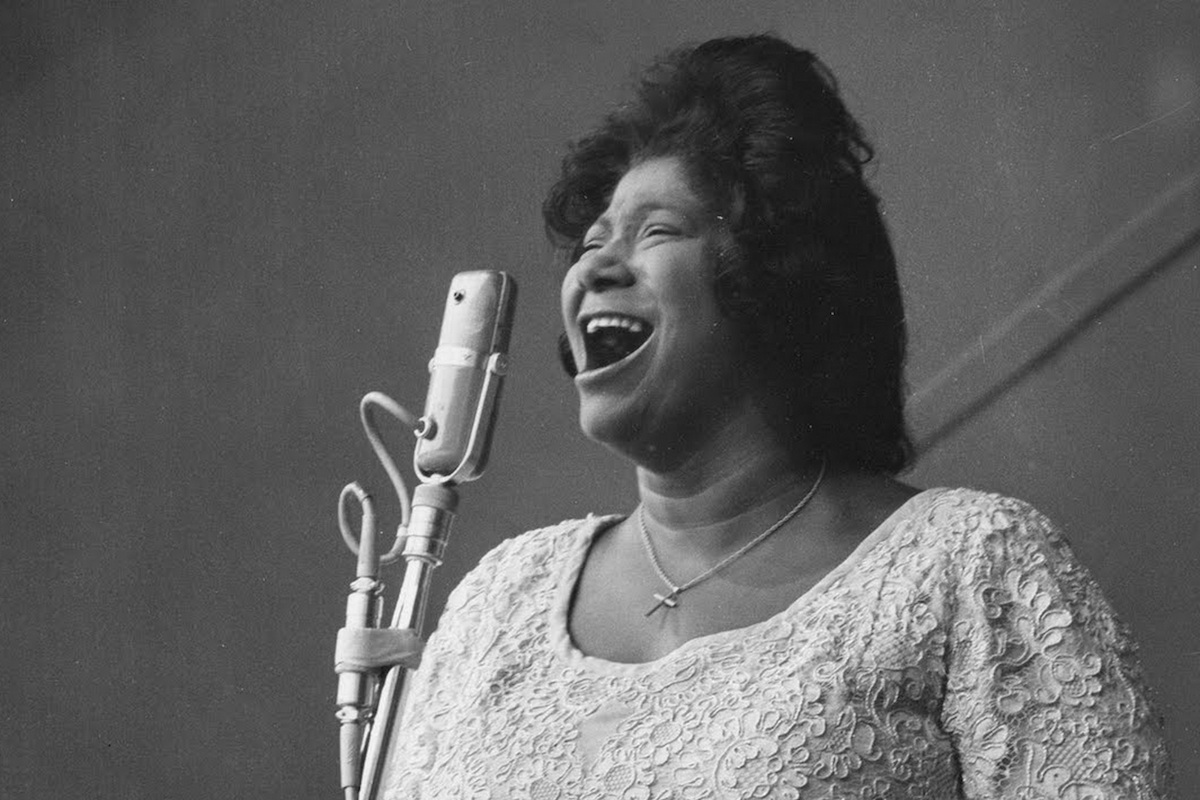[dropcap]It[/dropcap] may well be a truism to say that American music is African American music, but that doesn’t make it any less true. And when we reduce truths down to truisms they lose the granular detail that makes them interesting and relevant. Everyone knows, for example, that there would be no rock and roll without Robert Johnson at the crossroads and Little Richard in his sequined jacket and pompadour. But how many people know that without North Carolina-born Lesley Riddle, A.P. Carter’s onetime musical partner, folk and country music as we know it might not exist? [mc4wp_form id=”6042″]
Likewise, Negro Spirituals and the black gospel tradition are legendary—birthing such towering figures as Aretha Franklin and Sam Cooke. But that history has often been turned into stereotype, an easy reference for down-home authenticity. Divorced from their roots, easy evocations of African American gospel glide over a complex tapestry of syncretism and synchronicity, innovation and preservation, and the building of local and national communities with a global scope and presence.



You must be logged in to post a comment.